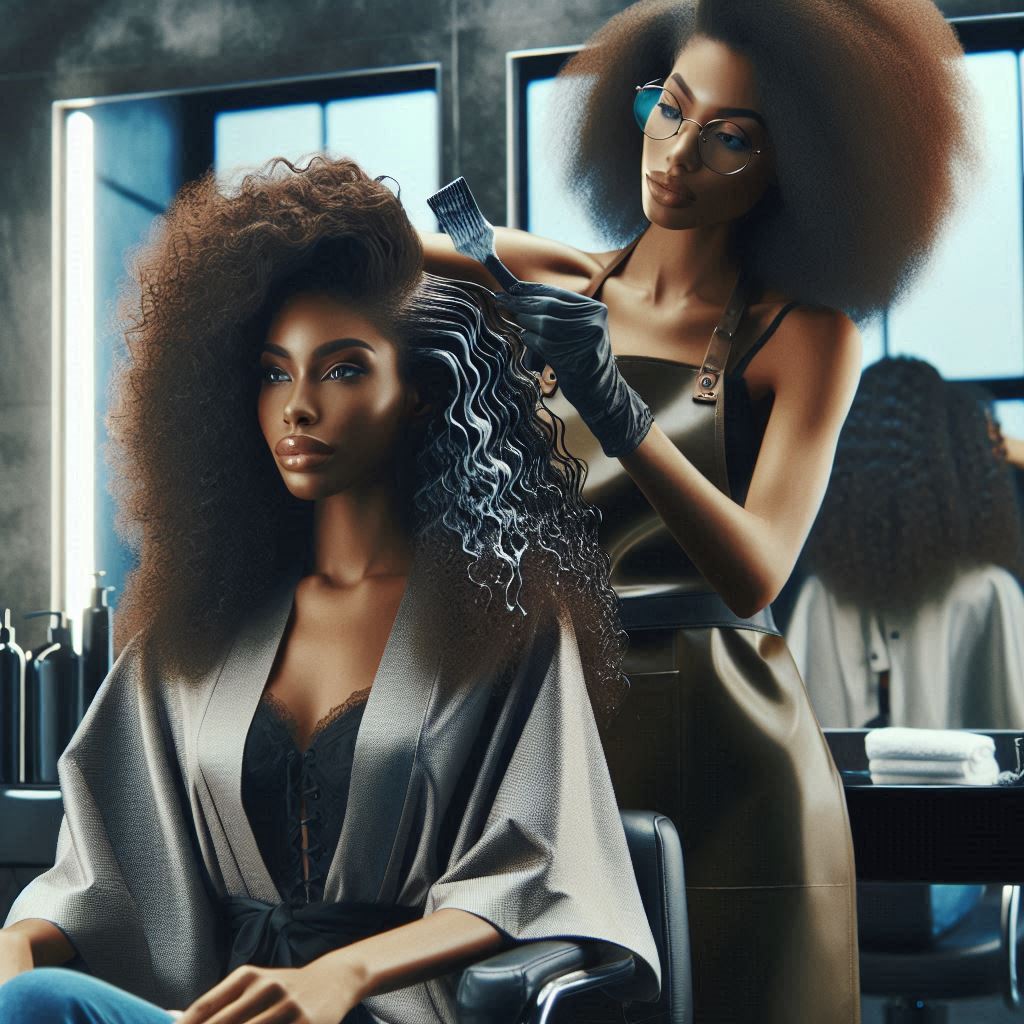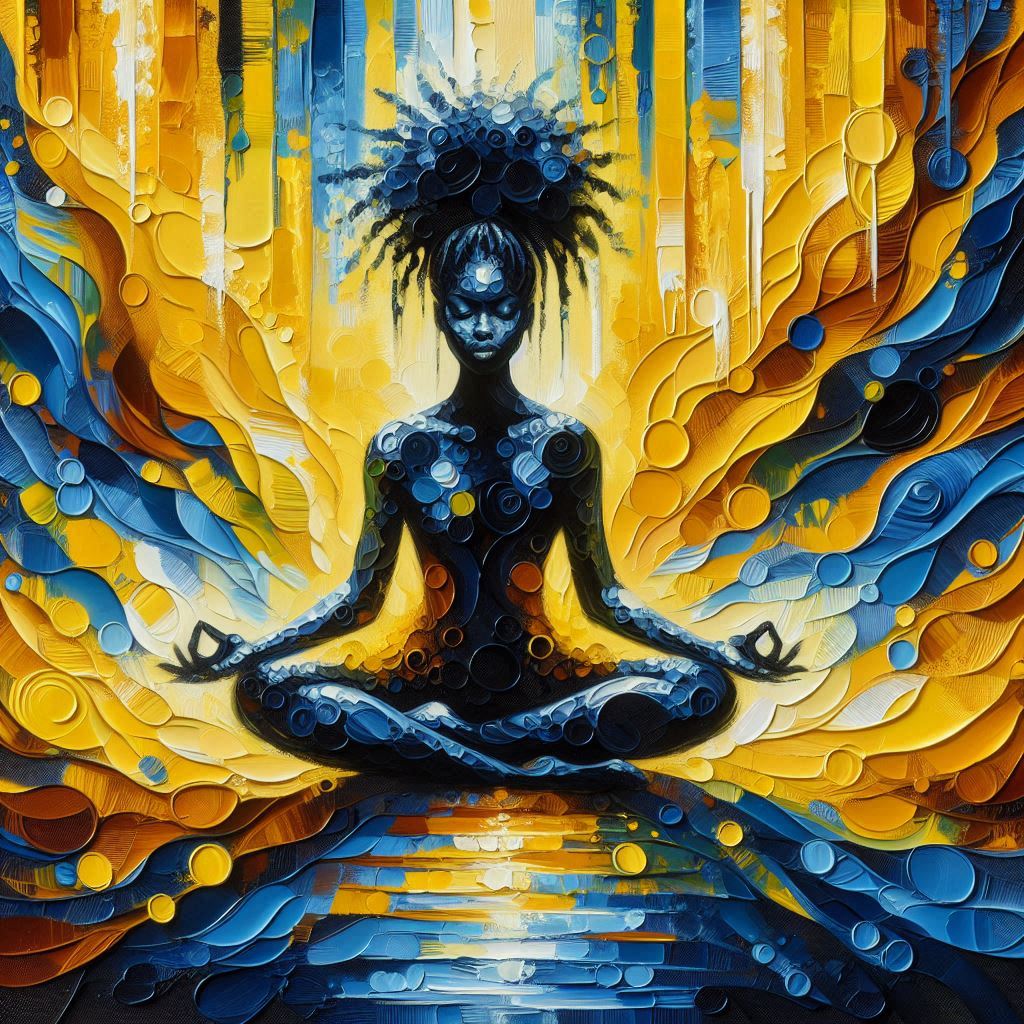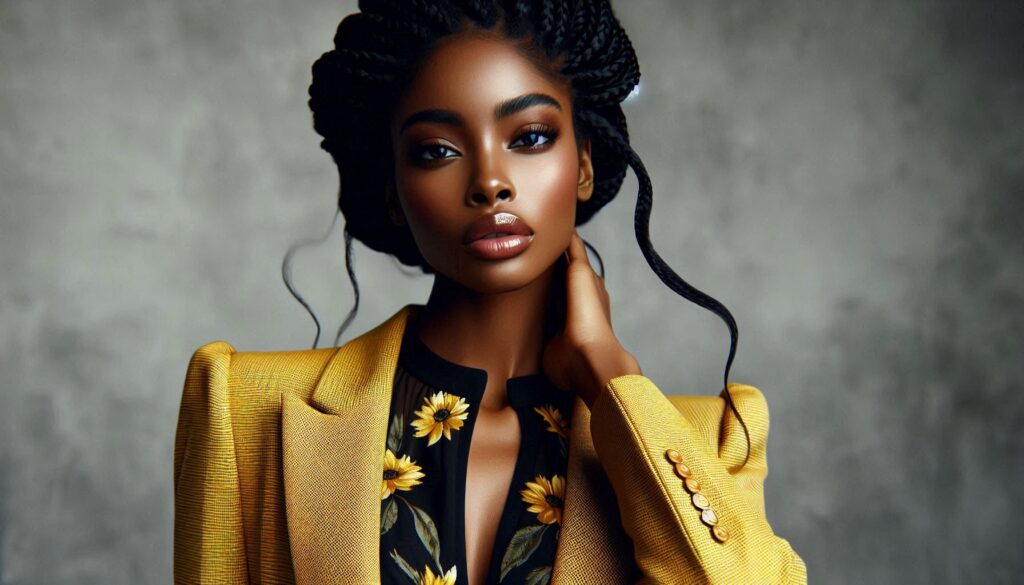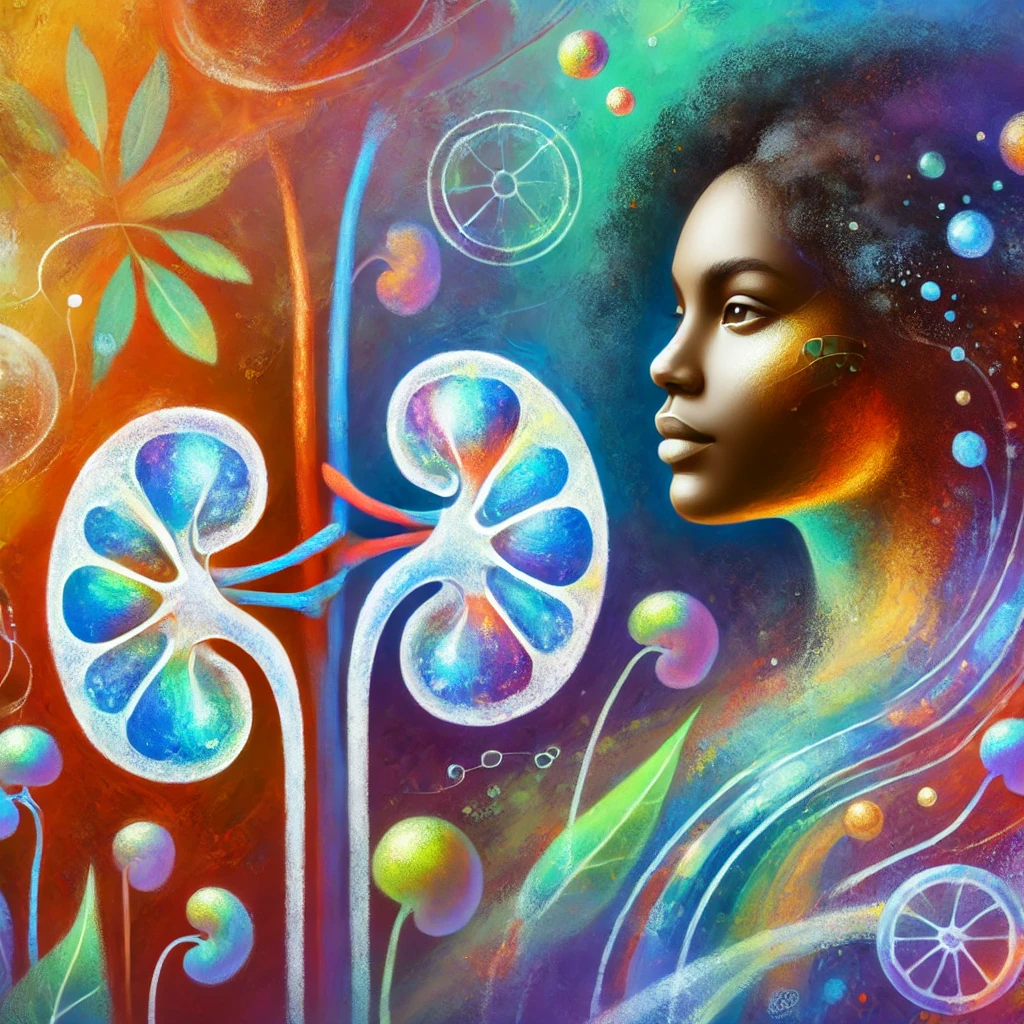
by Mahogany Speaks to You l March 30, 2025
People are mumbling about the recent news regarding synthetic hair and chemical relaxers. For generations, Black women have used our hair to showcase culture, identity, and creativity. From sleek relaxers to protective braids, our styles tell our stories. But behind the beauty lies a hidden risk: some of the very products marketed to us may be linked to cancer. If you like to wear synthetic hair or remain loyal to chemical relaxers, lean in closely.
Rooted Will, Rising Advocate Podcast
Listen Now!
A groundbreaking 2022 study from the National Institutes of Health (NIH) revealed that frequent users of hair straightening products are more than twice as likely to develop uterine cancer compared to non-users. Another study from Boston University’s Black Women’s Health Study found that postmenopausal Black women who used relaxers more than twice a year or for five years or more had a 50% increased risk.
Chemical Hair Relaxers and Uterine Cancer: A Dangerous Connection
These aren’t just statistics—they’re warning signs.
Black Women Face Higher Uterine Cancer Death Rates
The danger doesn’t stop at diagnosis. Between 2010 and 2017, uterine cancer deaths rose by 1.8% annually, but Black women experienced the highest mortality rates. According to NIH data, we are 80% more likely to die from uterine cancer than white women, even after adjusting for cancer stage and type.
This is more than a personal care concern—it’s a public health crisis.
What’s in Synthetic Hair?
Many Black women rely on synthetic hair that feeds their braids as a protective style, but research reveals hidden hazards. Consumer Reports found that some synthetic braiding hair contains lead and volatile organic compounds (VOCs)—toxins linked to cancer, reproductive harm, and nervous system damage.
Worse, these products often lack clear labeling, leaving us vulnerable and uninformed.
4 Ways to Protect Your Crown—and Your Health
- Embrace Your Natural Texture
Even wearing your natural hair part-time can cut down exposure to harmful chemicals. - Choose Human or Chemical-Free Hair
Look for 100% human hair or plant-based options. Be wary of unlabeled or suspiciously cheap bundles. - Rinse Synthetic Hair Before Use
An apple cider vinegar rinse can help remove harmful residues before installation. - Stay Informed and Speak Out
Share knowledge, ask your stylist about safer alternatives, and demand transparency from brands.
Why Knowledge is Power
As DEI programs and health equity funding face cutbacks, the kind of research that centers Black women’s health may become harder to access. Now is the time to stay informed, support Black-led research, and uplift each other through shared knowledge.
Your beauty is not just a look—it’s your legacy. Let’s protect it with intention.
Source: AP News: Black women’s hair products are in the safety spotlight
More from the Rooted Will, Rising Advocate Podcast
More from Mahogany Speaks to You

How Exercise Improves Memory

Understanding Endometriosis in African American Women
